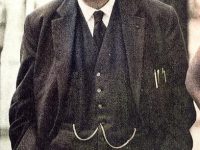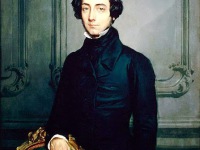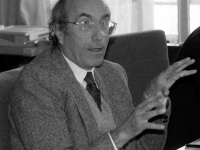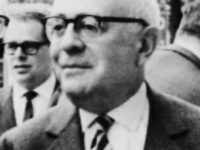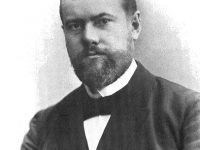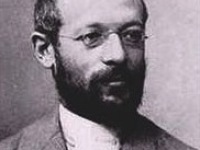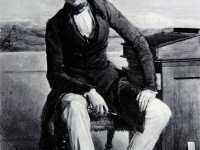Jean Piaget and Genetic Epistemology
On August 9, 1896, Swiss developmental psychologist and philosopher Jean Piaget was born. He is best known for his epistemological studies with children. In 1934, he declared that “…only education is capable of saving our societies from possible collapse, whether violent, or gradual.” Piaget created the International Center for Genetic Epistemology in Geneva in 1955 and directed it until his death in 1980. The number of collaborations that its founding made possible, and…
Read more

